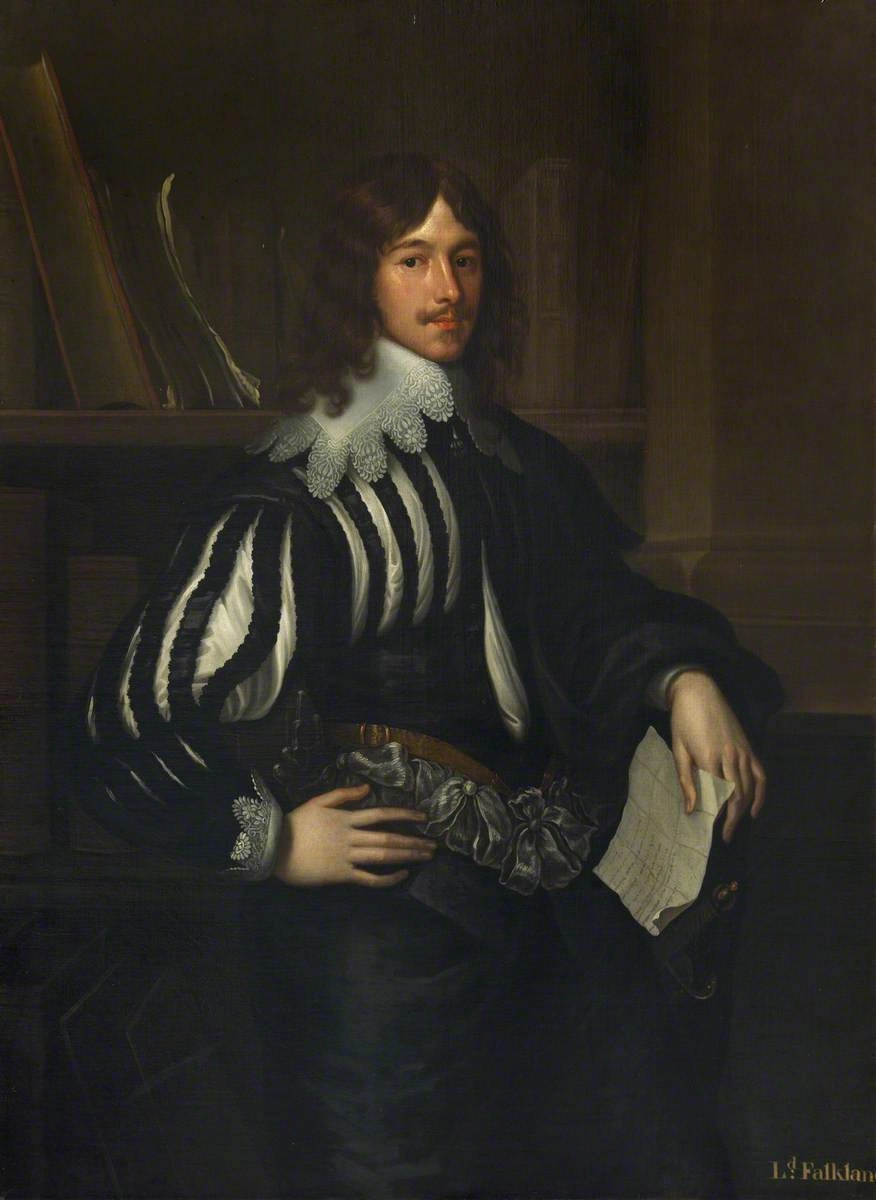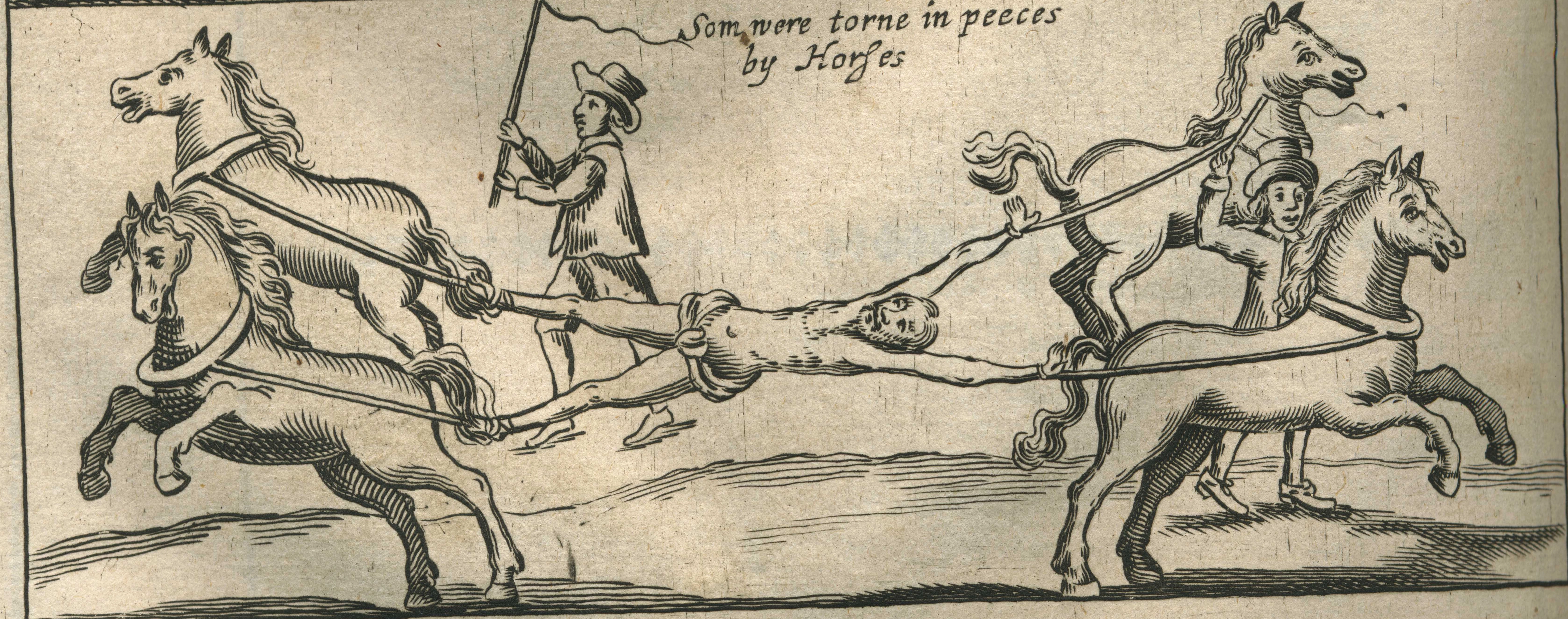
The 1660 edition of Lucius Cary’s Discourse of Infallibility (first published in 1646 ) is my latest book scan. There’s more interest these days in Cary’s mother, Elizabeth (1585–1639), the first woman writer known to have written a play. Elizabeth Cary’s literary career isn’t really relevant here, but she plays a part in the complex web of relationships and discussion that shapes the book by virtue of having converted to Catholicism in 1634.
Cary rejects his mother’s adopted faith on the grounds that the Catholic Church contradicts itself on several points and that it is therefore impossible to “prove by any fallible way, the Infallibility of the Church of Rome” (sig d4v).
Cary’s argument is countered by Thomas White, leader of the Blackloist Catholic faction, which is followed by Cary’s lengthy rebuttal.
Two discourses on episcopacy, one by Cary himself and the other by William Chillingworth, who was part of Cary’s Great Tew Circle, are included in this edition.
The Great Tew Circle included such Churchmen and men of letters as Jeremy Taylor and Abraham Cowley. Thomas Hobbes, Ben Jonson and other well-known figures of the time are also associated with it and it can be roughly categorized along with the Little Gidding Community and the Cambridge Platonists as one the reformist Christian humanist groups of the 17th century, while also espousing rationalism and fomenting scientific method and empirical enquiry.
Like the other scans in this series, the text is available online and may be downloaded for scholarly purposes.


Comments